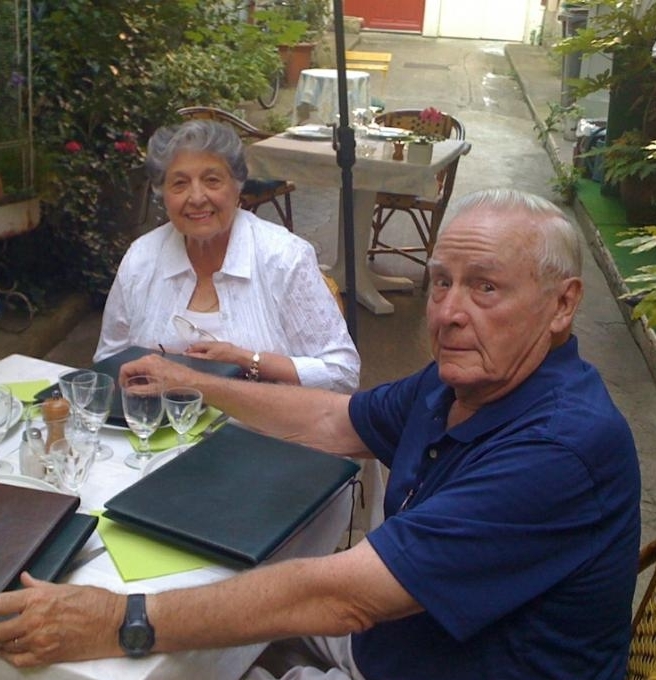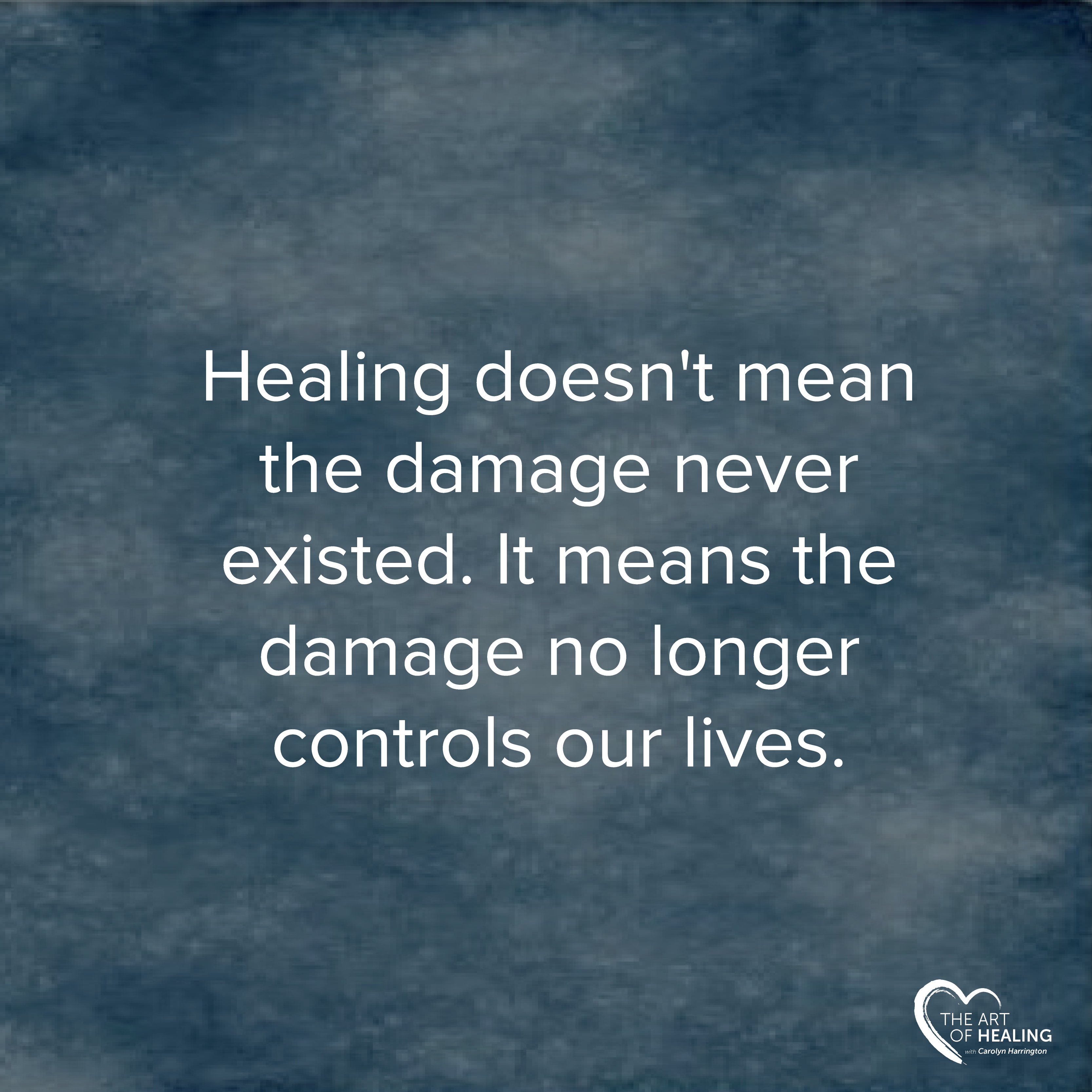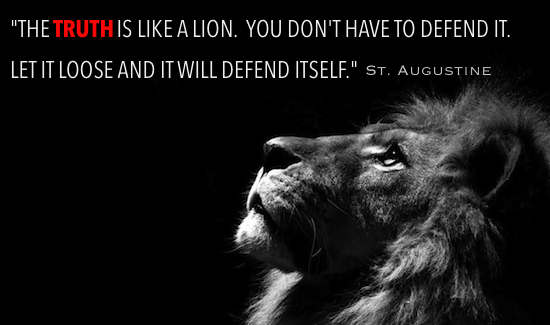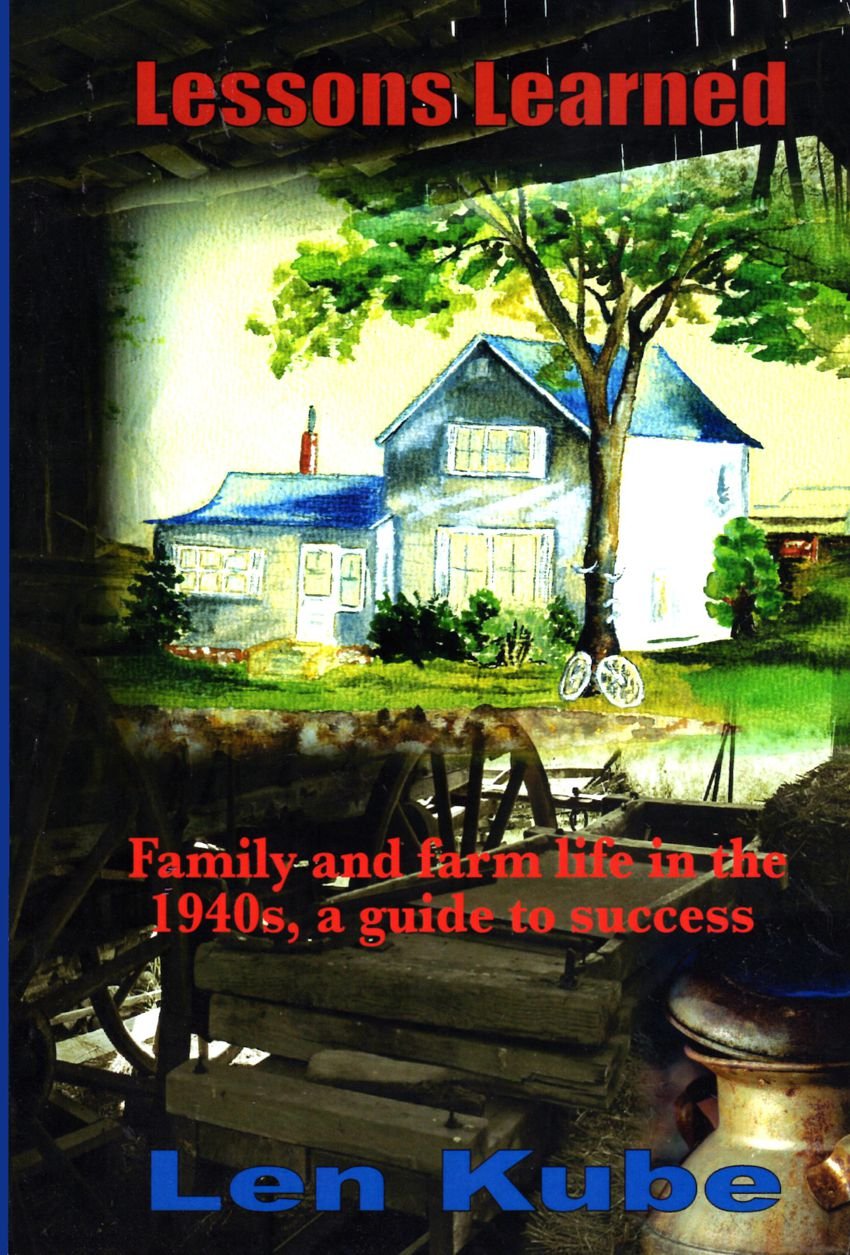


You are born. You live a life. You die. Those facts are the same for every single human being. Three facts, three identical aspects of every life.
But that is all we will ever share identically with others. From the moment we take our first breath to the moment we take our last, our lives are unique. No other being will experience life exactly as we do. Our story is our legacy. We might put aside riches, businesses, and other pieces of legacy, but our story will outlive us and outlive all physical possessions, if only in the sands of time.
What if you want to preserve that legacy in book form? Writing your memoir is your best option, allowing you to tell your story as YOU remember it. A biography or autobiography is beholden to facts; a memoir is beholden to memory, which sometimes overrides facts.
I have come to the conclusion over the years that two people can be side by side during the same experience and yet come away with different memories of that experience, all because of perspective, both physical and psychological. Our vantage, whether physical or cerebral, puts a unique slant on every experience.
When you choose to write your memoir, you must understand that not everyone who reads it will agree with you. There will be those who say, “That’s not how it happened at all!” or “I don’t remember anything like that.” They will try to negate your recollection, but it isn’t their right to do so, not if these are your memories. They might not be strictly factual, but they are what you remember, what you experienced and lodged into your memory.
When I help you write your memoir, I will work with you to recall facts as well as impressions and memories, but the power of memoir is its individual perspective, which speaks to the truth of YOUR LIFE.
Let me know if you are ready to tell your story and preserve your legacy. I’m here when you need me.









